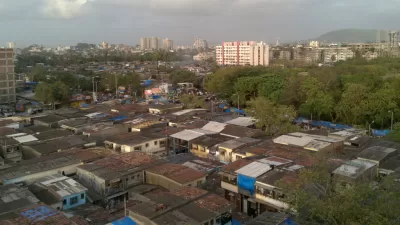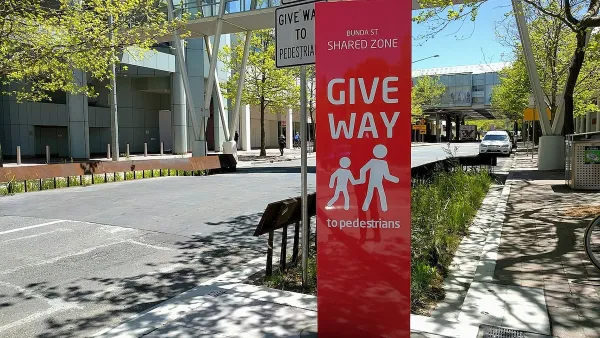A common question raised by those working in the developing world is whether urban planning is useful in those environments. Since questions often focus on planning of a comprehensive type, they overlook planning's intrinsic value and flexibility.

Chyi-Yun Huang, an Urban Specialist at the World Bank, continues a discussion started at the Bank's South Asia Region workshop on whether comprehensive long term planning works in such countries as Bangladesh, India, Pakistan, and Nepal, that "face immediate urgencies, and more often than not, system failures in its urban development."
"There are perhaps two common misconceptions about urban planning: (i) it is a costly exercise that takes a very long time to complete; and (ii) a plan is a rigid, inflexible regulatory document that does not respond to on-the-ground needs and changes," she observes. "Yes, while the typical developed country model of comprehensive urban planning may require high technology, high capacity analysis, extensive modeling and typically large amount of resources, that is not the only form of planning. Gathering a block of residents and agree that a road is needed at a certain alignment is planning; the roads agency meeting the drainage agency to coordinate construction schedule for a road is planning; the community leader discussing with the residents on the vision of the community is planning."
She goes on to detail three elements that demonstrate the intrinsic value of planning, representing its ability to be effective in such environments:
- Urban planning embodies a vision...
- Urban planning is a value creation tool...
- Urban planning is a coordination and communication instrument...
FULL STORY: Is Urban Planning Necessary?

Maui's Vacation Rental Debate Turns Ugly
Verbal attacks, misinformation campaigns and fistfights plague a high-stakes debate to convert thousands of vacation rentals into long-term housing.

Planetizen Federal Action Tracker
A weekly monitor of how Trump’s orders and actions are impacting planners and planning in America.

In Urban Planning, AI Prompting Could be the New Design Thinking
Creativity has long been key to great urban design. What if we see AI as our new creative partner?

King County Supportive Housing Program Offers Hope for Unhoused Residents
The county is taking a ‘Housing First’ approach that prioritizes getting people into housing, then offering wraparound supportive services.

Researchers Use AI to Get Clearer Picture of US Housing
Analysts are using artificial intelligence to supercharge their research by allowing them to comb through data faster. Though these AI tools can be error prone, they save time and housing researchers are optimistic about the future.

Making Shared Micromobility More Inclusive
Cities and shared mobility system operators can do more to include people with disabilities in planning and operations, per a new report.
Urban Design for Planners 1: Software Tools
This six-course series explores essential urban design concepts using open source software and equips planners with the tools they need to participate fully in the urban design process.
Planning for Universal Design
Learn the tools for implementing Universal Design in planning regulations.
planning NEXT
Appalachian Highlands Housing Partners
Mpact (founded as Rail~Volution)
City of Camden Redevelopment Agency
City of Astoria
City of Portland
City of Laramie




























